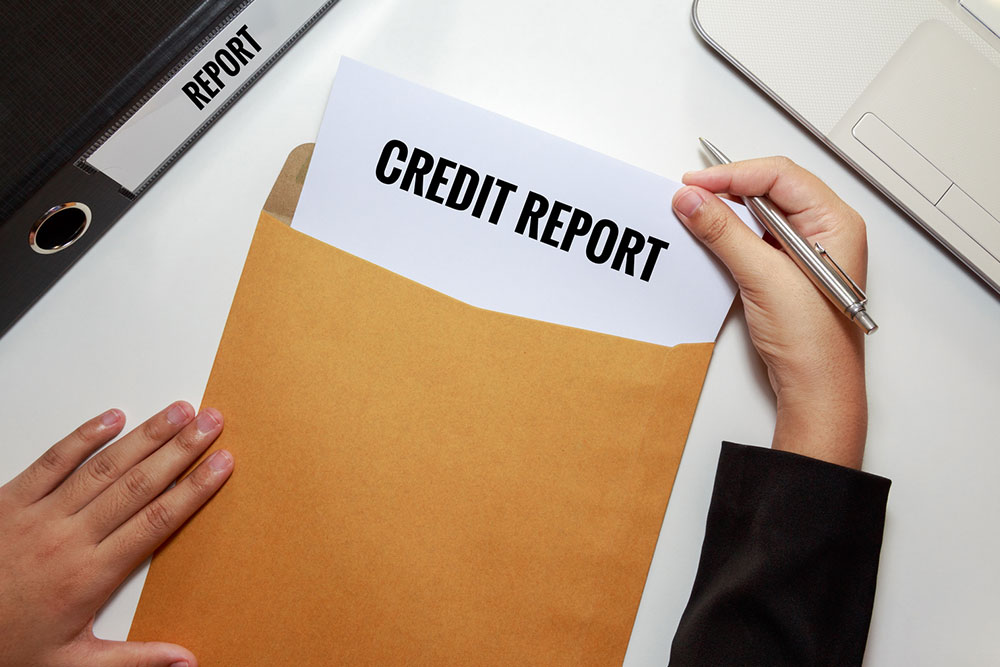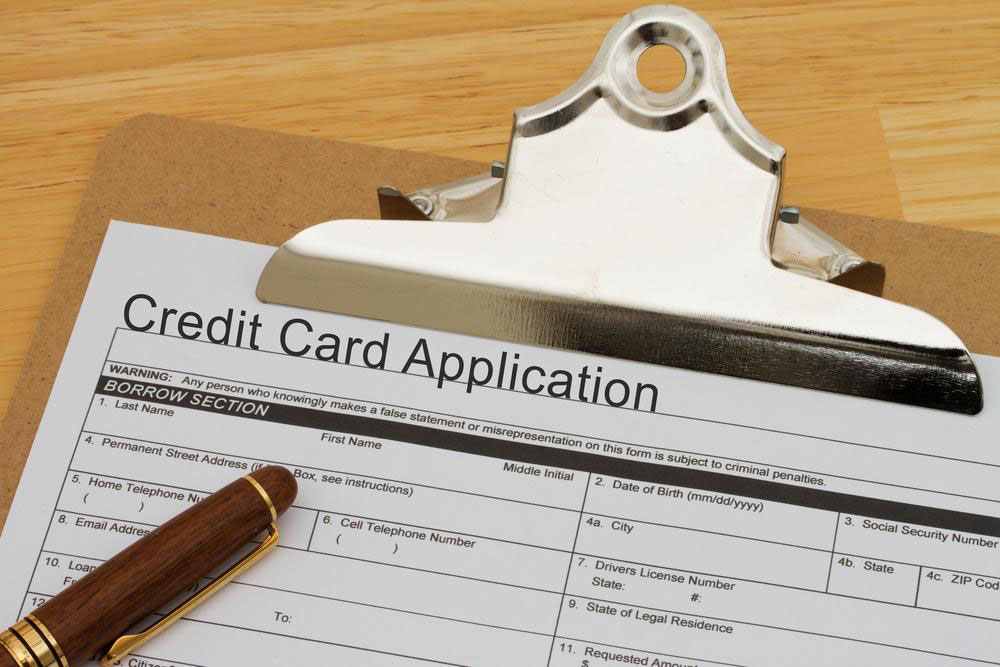Comprehensive Strategies to Enhance Your Credit Report and Credit Score
Improve your credit report and score with proven strategies such as reviewing reports regularly, correcting errors, making timely payments, and managing credit utilization. Patience and responsible financial behavior are key to long-term credit health, helping you access better loan options and financial stability.

Comprehensive Strategies to Enhance Your Credit Report and Credit Score
When it comes to managing your financial health, understanding how your credit report and credit score impact your borrowing ability is crucial. Many advertisements erroneously claim they can erase or reset your credit history legally, but these promises are often misleading. Genuine credit repair is a process that requires patience, consistency, and sound financial habits. There are no quick fixes; improving your credit report involves a series of deliberate steps that reflect responsible financial behavior over time. Recognizing the importance of your credit health empowers you to take control of your financial future effectively.
You are entitled to request your credit report if your loan or credit application is denied or if you notice negative marks affecting your score.
Legally, the three major credit bureaus—Equifax, TransUnion, and Experian—are required to provide you with a free copy of your credit report each year. Reviewing these reports regularly is an essential part of maintaining good credit health.
Correct inaccuracies on your credit report at no cost. Both credit bureaus and data furnishers are legally obligated to update and correct erroneous information to reflect your true credit standing.
Practical Steps to Improve Your Credit Score
Although there's no overnight solution, adopting specific practices can steadily improve your credit standing over time.
Regularly review your credit report for errors and dispute any inaccuracies. Removing false or outdated information can directly boost your score.
Ensure you make all your payments on time—this is one of the most impactful factors in credit scoring. Consistent timely payments demonstrate reliability to lenders and significantly impact your credit health. Conversely, missed or late payments, especially if they involve public records or collections, can cause substantial damage to your credit profile.
Focus on your credit utilization ratio—the amount you owe relative to your total available credit. Keeping this ratio low (preferably below 30%) indicates responsible credit use and can elevate your score during credit repair efforts.
Limit the number of active credit accounts and be cautious when applying for new credit. Multiple recent inquiries or new accounts can temporarily reduce your score.
Consider consolidating debt or transferring unpaid balances into manageable repayment plans, such as debt management programs, to lower your monthly obligations and improve your credit profile.
While past negative marks may remain part of your credit history, demonstrating consistent responsible behavior going forward can gradually enhance your creditworthiness and perception among lenders.
By adhering to these strategies and practicing patience, you can rebuild your credit over time, opening doors to better financial opportunities and stability. Remember, maintaining good financial habits is the cornerstone of a healthy credit report and score, and the benefits extend well beyond just borrowing capacity.





